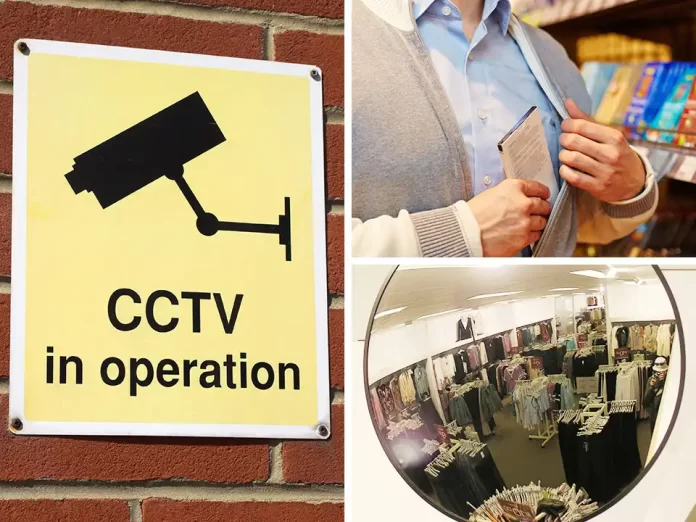Recent investigations by police in England and Wales found that supermarket theft is rising, revealing that the number of reported thefts is far lower than the estimated 950,000 convenience store thefts that take place every year. It’s thought that, due to police cuts across the UK, shoplifting is often not responded to at all in some cases.
Whether you’re the manager of a small convenience store or a multi-chain supermarket, theft is always a threat which could strike at any moment and jeopardise your retail security.
Because of this, the demand for retail security across the country is likely to increase. Additionally, with the uncertainty of a No Deal Brexit looming and warnings of ‘panic-buying’ due to less goods being available, now is the time to consider adding additional security measures.
Despite this, there are plenty of ways in which you can prevent the likelihood of your store experiencing retail theft.
Follow these 10 steps for how to prevent supermarket theft:
1. Hire Security Guards
Security guards are an effective visual deterrent you can use to signify to potential criminals that your store is being monitored by professionals. Retail security guards can be deployed either as static guards or mobile security, consistently monitoring doors, checkouts and patrolling the aisles so nothing is left to chance and thieves are caught and dealt with promptly.
2. Install CCTV
CCTV cameras are a sure-fire way to catch shoplifters red-handed. Placing these in locations which are otherwise hard to see or get access to quickly is ideal, as well as near entrances and exits, till points and outside the premises. Recordings will be able to be used as defence in court proceedings if someone caught stealing on camera tries to say they’re innocent.
3. Check Labels on Self-Service Tills
Self-service tills are brilliant when you’re in a hurry or if you just fancy a more futuristic interaction than one you’d get with a human. However they are also a gold mine for thieves, as many will try to pass-off expensive items as cheaper ones, or not even scan them through. Nowadays criminals have become even more crafty and try sticking labels from one item onto another. For added security, make sure there is a member of staff near these points to check no one is getting away with theft.
4. ‘Face’ Your Products
Place your items so that there are products at the very edge of shelves – a technique otherwise known as ‘facing’. This makes it harder for people to steal and it will also be a way in which staff can count items and check this figure correlates with what has been sold. If you own a smaller shop, and there is a period in which you know there will be less customers, take time to check the shop floor yourself.
5. Update Security Systems and Alarms
Make sure security alarms are regularly serviced and updated, so that false alarm call outs are prevented. Churchill Support Services is able to provide alarm installation and response.
6. Lock Up Securely
At the end of the working day always make sure that doors and windows are locked securely. As tedious as it may be, taking an extra few minutes at the end of the day to check that no one will be able to gain unlawful access to your shop will help to ensure your business is safeguarded from theft.
7. Offer Customers Help
By asking staff who are on the shop floor to stay vigilant and offer help to all customers, you’ll show criminals that you are paying attention as well as creating a friendly reputation in the community.
8. Staff Checks
Checking your employees’ bags and coats as they leave the workplace is recommended as employee theft does happen – last year saw 10,466 reported employee thefts in the workplace in England and Wales. Monitoring when staff check in and out will also give you an indication if anyone is lingering longer than expected after work.
9. Put Up Warning Signs
Placing signs on walls or shelves to warn criminals of the consequences and fines for shoplifting, as well as CCTV reminders, can help deter potential shoplifters and make them think twice about stealing.
10. Watch Customer Behaviour
Customers who linger too long around the same areas or are wearing bulky jackets or bags should be watched closely, in case they try their chances at swiping goods. Body language such as watching staff for long periods of time, staying in the store for longer than usual or hanging around quiet areas of the shop floor should also be reported to staff or security guards. Also watch for customers who enter and leave the shop without buying goods.













